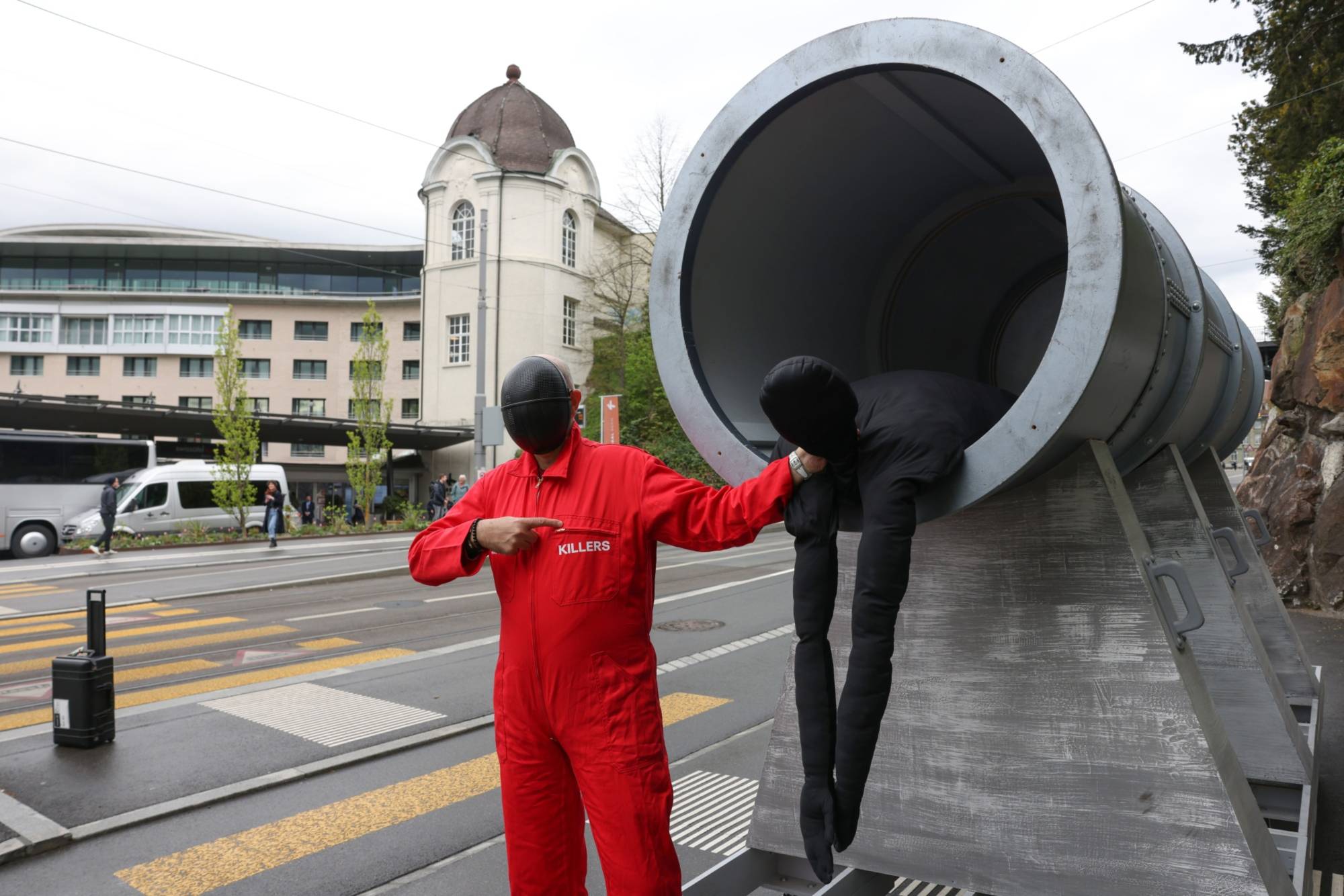Near the end of the United Nations climate summit in Sharm El-Sheikh last year, European Union climate chief Frans Timmermans offered a grand bargain to break the deadlock in the two-week negotiations.
The 27-member bloc would consent to the creation of a finance facility to pay for loss and damage caused by climate change, fulfilling a demand made by developing countries. But the EU’s support would come only if all countries agreed on a stronger commitment to eliminate the use of fossil fuels. The loss-and-damage fund promise made it into the final deal at COP27; the stronger agreement to phase out fossil fuels did not.
That defeat still stings for Timmermans. "There’s no way — no way — we’re going to achieve any of our goals if we do not do more on mitigation,” he said at last week’s Petersberg Climate Dialogue in Berlin, an event aimed at boosting ambition before the annual U.N. climate summit in Dubai at the end of the year. Without stronger action against emissions, "whatever we do on finance, on adaptation, on loss and damage, will fall on short of what we need.”



